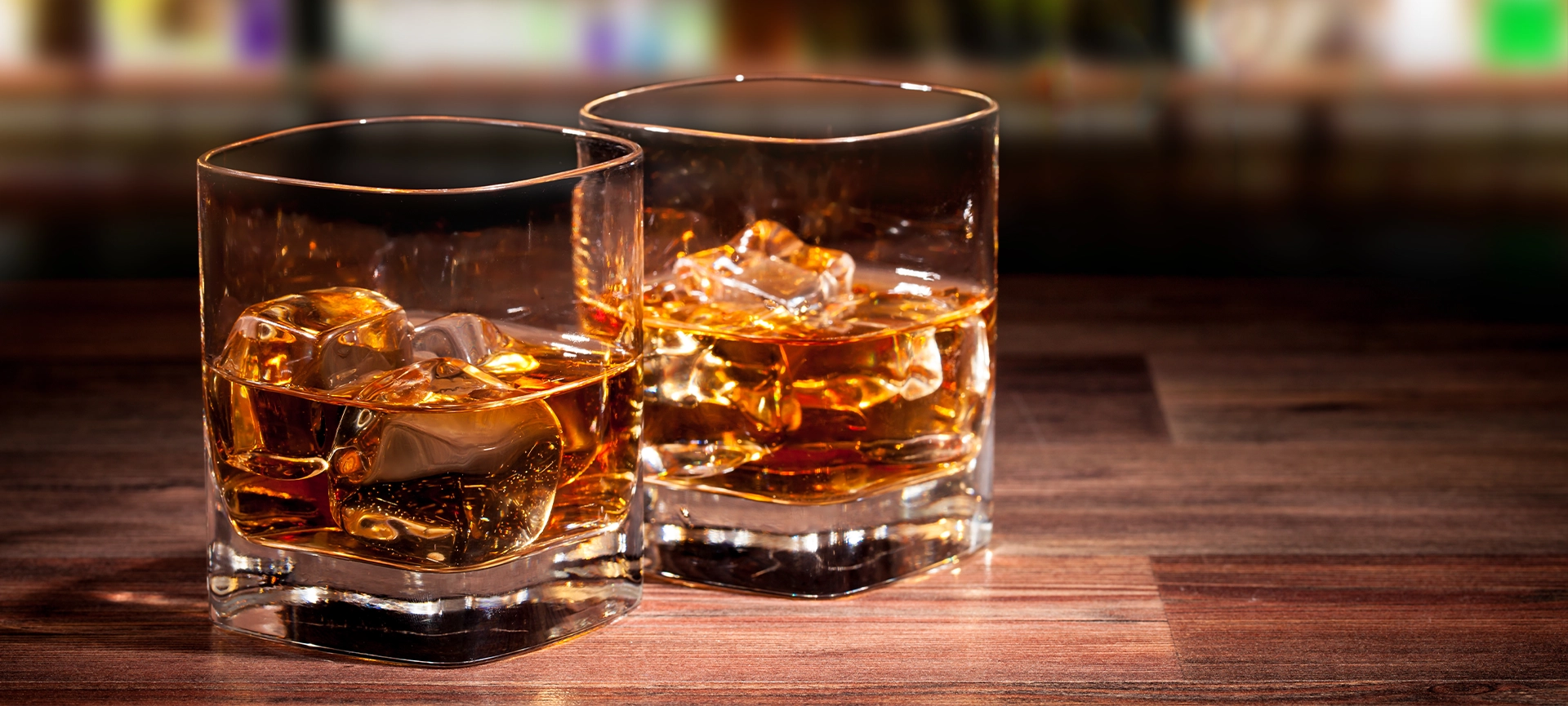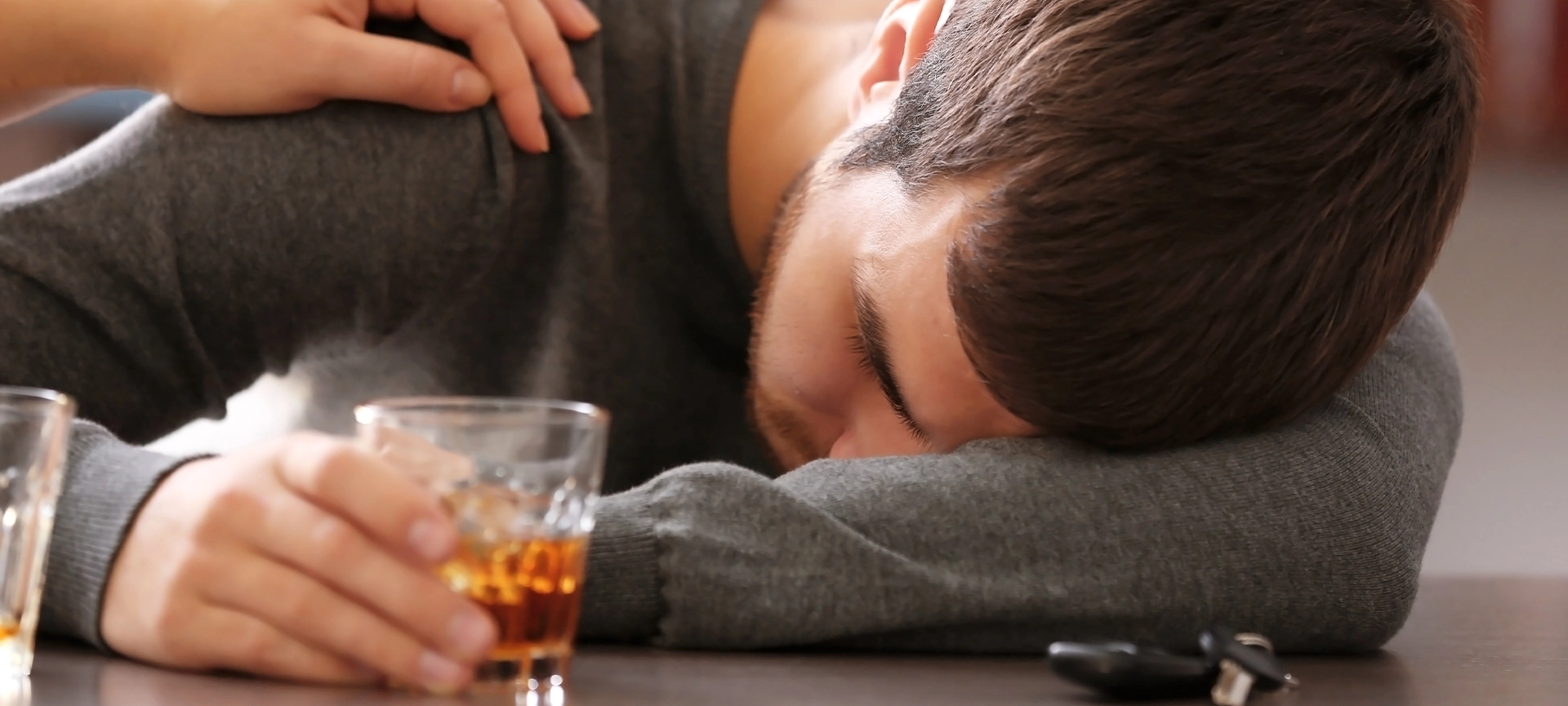Physical Symptoms of Alcoholism
Alcohol addiction is one of the leading substance use disorders in Canada. But the worst part is that it’s also a top cause of substance use-related deaths in the country. According to the federal agency data, 3875 people were fatal victims of alcohol-induced situations in 2021.
Alcohol is very addictive, but sadly, the victims are often unaware of their addiction problem until it becomes challenging to stop. Sometimes, they may not realize it until a third party points it out with irrefutable proof.
Alcohol addiction is a complex health condition, and its effects are often more psychological than physical. Here’s how you can tell when you or a loved one needs help with an alcohol problem.
Physiological Signs of Problems with Alcohol
These symptoms involve physical changes in the addict’s body. They’re easy to note but may not always mean alcohol addiction. If you spot any of these physical symptoms in you or a loved one, it’s better to get a professional diagnosis — they may be indicative of a problem unrelated to alcoholism.
Weight Gain or Loss
Sudden weight gains or loss without intentional dietary or workout changes may be a result of your drinking habits.
Alcohol often affects appetite causing your hunger for food to fluctuate. It may cause you to desire more high-fat foods due to its production of ghrelin, a hunger-inducing hormone.
In addition, several common alcoholic beverages, such as beer and wine also have high-calorie content. Consuming high amounts of these drinks can cause weight gain. If you find yourself eating less and preferring alcohol more, or desiring high-fat foods, check your alcohol use.
Walking Imbalance
Walking imbalance is one of the more common physical effects of alcohol abuse. If you’re a movie buff, you might be familiar with the walking manner of Captain Jack Sparrow in Pirates of the Caribbean, caused largely by his incessant alcohol consumption.
In the same way, many alcoholics struggle to maintain balance when walking. The imbalance is primarily a result of alcohol’s effect on the part of the brain that controls coordination and balance.
Over time, continuous alcohol consumption will result in a semi-permanent change in gait for users causing them to walk in staggered steps even when they’re not under the substance’s influence.
Dishevelled Appearance
Another common physical symptom of alcoholism is a general lack of hygiene and grooming. The priority level for these daily activities falls down the pecking order as you develop more dependence on alcohol.
You may start to look exhausted due to lack of sleep or dehydration which are often side effects of excessive alcohol use.
Plus, you may feel the urge to drink early every morning to keep the withdrawal symptoms at bay. But, getting under the influence early in the morning may cause disorientation and make you appear unkempt.

Bloated Face
A bloated face after drinking may be a sign of dehydration which is a side effect of excessive alcohol use. Alcohol is a diuretic, i.e. it causes your body to get rid of water and salt, releasing them into urine and other body wastes.
When there’s excessive fluid loss, the body tries to retain as much as it can in the receptors available. This can lead to a bloated face, making it a distinguishing characteristic of excessive drinkers.
Related Article: What Is A Recovery Program In An Addiction Treatment Centre In Toronto, Ontario
Effects of Alcohol on Physical Behaviour
Alcoholism may sometimes reflect in body changes. And at other times, it may show in behavioural modifications, which are also physical and easy to tell. Below are some of such behavioural modifications courtesy of excessive alcohol use.
Impaired Attention or Memory Loss
Alcohol, like every other psychoactive substance, affects the brain’s functions, influencing, and rendering it unable to function as it should. As such, excessive alcohol consumption may cause you to lose your ability to focus.
As such, you may suffer from impaired attention. In extreme cases, it may lead to Alzheimer’s or an inability to remember things properly.
But then, it’s not only heavy drinkers that are at risk of this happening, moderate users may also be victims of these side effects.
Unease/Restlessness
Another common alcoholism symptom is how it induces restlessness, especially at the onset of withdrawal. Since alcohol is highly addictive, your body starts to depend on it to function properly after continuous usage for some time.
When that happens, you’ll struggle when you can’t get alcohol. You’ll feel restless, irritable, and anxious. This physical sign of alcoholism is also a common withdrawal symptom.
Slurred Speech
As alcoholism affects gait semi-permanently, it may also influence speech patterns. Heavy drinkers often slur their speeches when under the influence, dragging out each statement and sometimes bordering on stammering.
With continuous alcohol use, the effect reinforces itself in your psyche and becomes more natural to you. After some time, you’ll form a new slurred speech pattern, similar to the Captain Jack example from earlier in this blog.
Related Article: Finding the Right Meth Rehab Program: How to Choose the Best Treatment Center for Your Needs

Continuous Alcohol Use Impacts on Both Your Physiology and Psychology
Trying to identify the physical symptoms of alcohol gives a better understanding of how alcohol affects you. And when the physical symptoms of alcoholism are evident, it’s better to take a more comprehensive look at the situation to gain an accurate diagnosis.
If you’ve considered all the physical and psychological symptoms of alcoholism and decided that you or a loved one needs help, call on us!
Our alcohol addiction specialists at Addiction Rehab Toronto will evaluate your situation and where necessary, provide a recommended treatment plan to help you achieve sobriety.







